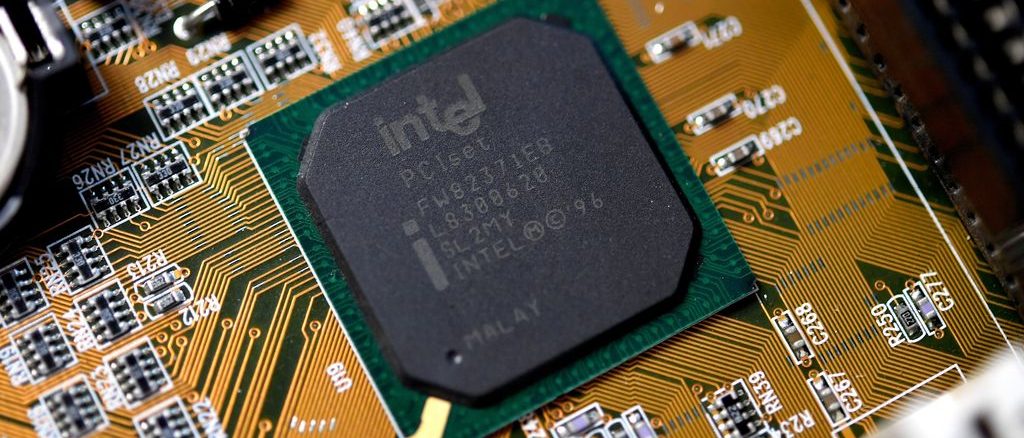
German Intel factories almost twice as expensive, costing the government billions more
The ambition to get a state-of-the-art production site for computer chips on European soil is becoming much more expensive than expected. The German government and the American chip manufacturer Intel have agreed on an amended deal after months of negotiations.
Intel’s investment has almost doubled, to 30 billion euros, for the construction of two factories. It also means that the German government contributes billions more. According to, among others Bloomberg and Handelsblatt it concerns ten billion euros; three billion more than previously budgeted and slightly less than Intel reportedly hoped for.
The law should strengthen Europe’s position in the global chip sector and offers governments the scope to allocate extra subsidies for so-called first-of-kind factories. In other words: factories that are not yet located anywhere else in Europe.
Israel and Poland
News about today’s factories follows announcements that Intel is also investing $25 billion in a new manufacturing site in Israel, though $10 billion of that was previously announced. The Israeli government also subsidizes this, but the percentage is much lower than what Germany contributes. A location for assembly and a test location will be built in Poland, worth 4.6 billion dollars, the American company announced on Friday.
It was clear from the start that Germany would invest billions in the production facility. Germany would not have been interesting for Intel without subsidies. Economic conditions have only changed considerably since March last year. Interest rates have risen, making borrowing money much more expensive. Energy has also become more expensive and materials have become more expensive. That together necessitated renegotiations.
The factories in Magdeburg should open in 2027, but construction is likely to be delayed. In Intel’s press release today, the year is not even mentioned at all. The intention is that the most powerful chips of that moment will be produced there. The campus will produce for the entire world, but it is expected that there will be sufficient demand from Europe.
The production facility plays a key role in the European Commission’s strategy to have the production of highly computational chips take place more on its own continent. This should reduce the geographical dependence on Asia.
Incidentally, it is an illusion to think that two factories are enough to really do something about that dependency. Substantial additions are also being made on other continents due to the high demand. Moreover, last year’s announcement was criticized by the European chip sector; the question is whether such a hypermodern campus really meets the wishes of the market.
TSMC is also looking at Germany
Germany may have to pay for another chip manufacturer again: the Taiwanese TSMC is still looking at whether it also wants to build a factory in Dresden. It would be one total investment of 10 billion euros; how much the government would contribute to this is as yet unknown.
TSMC would like to produce chips in Germany that are a lot less computationally powerful. This is partly prompted by the market: the production is said to be intended for the German car industry, which for a large part needs less powerful chips. TSMC also has a policy that state-of-the-art technology may only be produced in Taiwan itself.
In any case, all these investments are good news for the Dutch ASML. Both manufacturers are important customers for the chip machine maker.

Be the first to comment